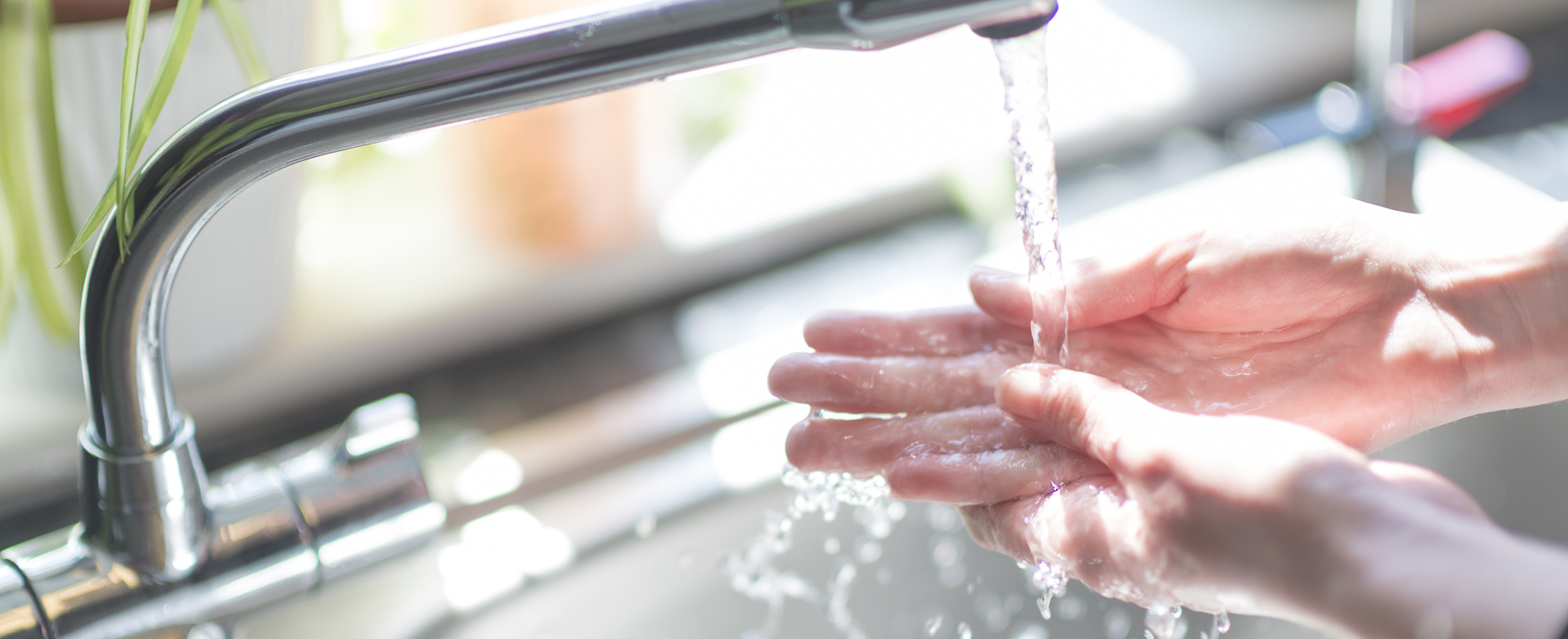Top 5 Ideas To Reduce Household Bills
Posted on 4th July 2022 at 16:50
With the increase in energy bills in the UK from April 1, 2022, the cost of living has sharply risen leaving household bills being one of the largest expenses a household have to pay out. Some households have seen an increase in energy bills of up to £700 meaning their annual utility expenditure is £2000 or more.
There are multiple ways to save energy and reduce your utility bills, with a few simple tweaks to your normal routine. Before you start making changes, ensure you understand your energy bill and take some time to work out which appliances use the most energy.
1. Consider your whole house
How draughty is your home? Unless it’s a very new house, then it’s likely you can make simple changes to your windows and doors to stop heat from escaping through them. Doors, windows, the chimney and gaps through the floor are key to sealing to ensure energy isn’t escaping and costing you more to heat a home that isn’t sealed. You can contact professional draught-proofers to seal skirting boards and windows or try it yourself which would be much cheaper.
2. Be water savvy
Household water usage will vary depending on how many people living in a home. Shortening shower times and boiling the kettle with only the amount of water you need is a great way to reduce the amount of water used. So is keeping the temperature of a washing machine load down. Reducing the number of baths people take is an obvious way to keep your costs down – but have you thought about the hardness of your water and the build-up of limescale? Hard water decreases the productivity of domestic appliances which leaves washing machines, dishwashers, shower heads and your boiler working harder and therefore using more energy to power them. Filtering the water supply to your home can drastically improve how energy-efficient they are and their longevity so you don’t have to spend more than you should on using them.
3. Switch it off!
Leaving appliances on standby can cost up to £55 a year according to the Energy Saving Trust. Most household appliances can be turned off after each use and not continue to use energy while not in use. Washing machines and dishwashers account for 14% of the household energy bills, so ensuring they are used at the lowest temperatures, have a filtered water supply as well as turning them off when not in use is a small switch to make to assist with decreasing your energy bills.
4. Change up your lightbulbs
Light emitting diodes (LEDs) are an efficient way to light your home. They are available for most domestic light fittings and produce light using less electricity than standard lightbulbs. Despite being more expensive for the initial outlay, the cost-saving to your energy bills will be dramatically reduced over the period of a year. That being said – turning lights when they’re not being used will also decrease your rising energy bills, so when you leave a room, turn it off!
5. Insulate your water tank and pipes
Insulating your water tank and pipes reduces the amount of heat lost from them. You’ll spend a lot less money hearting your water up and your water will stay hotter for longer if the tank and pipes are insulated. Hot water tank jackets are available online for less than £20 and pipe insulation can be measured up and also bought online. Once it’s purchased then you can cut it to size and add it to the pipes yourself.
These top 5 tips for reducing your energy bills are a few pointers to get you going in the right direction. If you want to know more about improving your water supply to help reduce your energy bills, then get in touch with us for advice on how you can improve your water through filtration and purification.
Tagged as: bill, costs, efficiency, energy, hard water, heating, household, limescale, water softener
Share this post:





